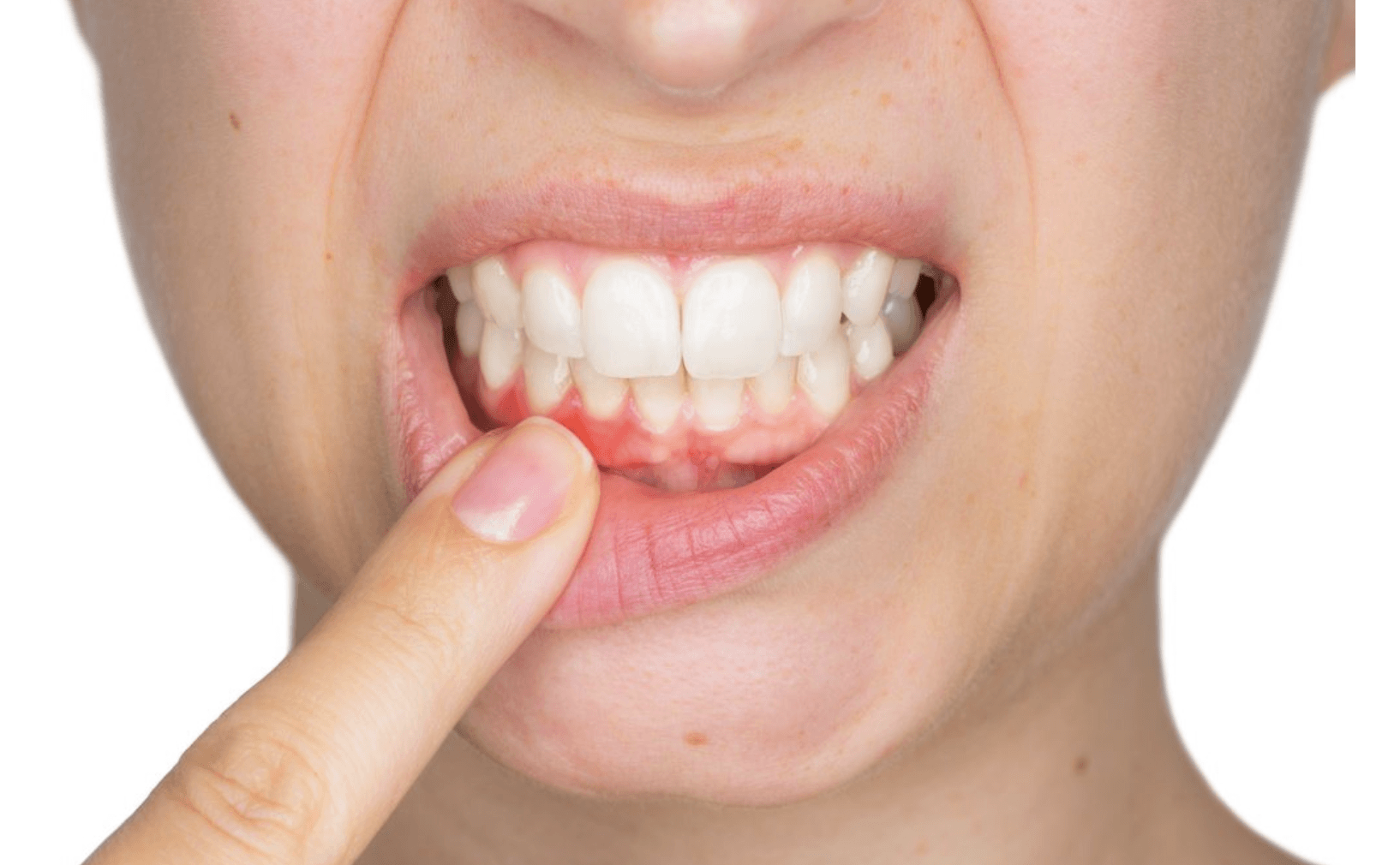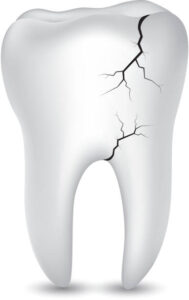Healthy gums or gingiva play a very important role in keeping your oral space functionally perfect and aesthetically brilliant by surrounding and protecting teeth and underlying bone. The gums, comprising outer epithelium and inner connective tissue, form a seal and protect your teeth and bone from infections. The best possible way to keep your gums healthy is to follow a standard oral hygiene regimen. If your oral hygiene is not good, you are making your dental seal weaker and increasing the chances of gum diseases including gum abscess gingivitis, and ultimately to periodontitis. The symptoms of gum abscess—a pocket of pus in the gums or spaces between the teeth and gums– could be treated with home remedies. But you will need the help of a dentist to drain pus from the pocket and treat the possible cause of infection. If left untreated for long, it could affect your teeth and underlying bone.
So, if you notice symptoms of gum abscess development, you should seek dental advice to avoid serious complications.
What is Gum Abscess?
Gums keep your dental system strong and healthy, but only when you maintain oral hygiene. In absence of standard oral care practice, the bacterial growth jumps manifold in oral space, leading to plaque and tartar build-up and tooth decay. If bacteria find a way to open tissues of the gums, it may cause infection leading to gums abscess. In response to bacterial infection, the body’s immune system responds by sending white blood cells to eliminate harmful bacteria, which could cause swelling and pus formation in pockets.
In most cases, it could be easily treated with some home remedies and OTC medications, but if it is painful and persists longer then you should get in touch with your dentist to know about the possible cause and get suitable treatment to keep your dental system strong and healthy.
What Are the Symptoms of Gum Abscess?
The onset of gum abscess will show symptoms like swelling, pus-pocket formation, and pain. The intensity of pain could vary depending on the area affected. Application of pressure could aggravate the pain. Besides gum swelling and pain, gums abscess development could cause symptoms like:
- Bad breath
- Release of pus
- Change in taste
- Bleeding from gums
- Increase in sensitivity of the tooth
- Gums receding
- In some cases, the patient might experience fever.
Causes of Gum Abscess
Jump in harmful bacteria count in the oral space causes several oral diseases, including gums abscess. Excessive bacteria buildup in gum tissue leads to infection, resulting in swelling and pus formation. Some possible causes of bacteria outgrowth in the oral space are:
- Bad Oral Hygiene
The possibility of gum abscesses development is exceptionally high among those with poor oral hygiene. Healthy oral hygiene ensures the timely removal of harmful bacteria. Bacteria in association with sugar increases tartar and plaque formation, which could damage teeth and underlying bone in the long run. Weakening of gum tissue creates space between teeth, making the dental system more vulnerable to decay.
The chance of gums abscess formation is exceptionally high among diabetic and obese people. Doctors recommend brushing, rinsing, and flossing at least twice daily if you have some underlying conditions.
- Weak Immune System
If your immune system is affected due to one factor or the other, you are at higher risk of gum abscess formation. With a weak immune system, your body struggles to fight even mild infections. If you are under medication for a serious illness, you should better ask your doctor for some medicinal mouthwash to keep oral space bacteria-free and gum healthy.
- Nutrition
A healthy body requires an optimum supply of all necessary minerals and vitamins. If Vitamin C intake is less than optimum, you are at higher risk of gum abscess formation. Lack of Vitamin C makes your gum weak and your immune system weak. Antibacterial medication can help you treat gum abscess, but if it recurs frequently and persists for long, you might need to rebalance your diet.
- Injury
Brushing a tooth aggressively could cause gum injury. If left untreated, then harmful bacteria might infect the affected areas, leading to abscess formation. Gum injuries could be caused by chewing hard foods. If there is any injury in the oral space, you should be very careful and treat it immediately.
How to Treat Gum Abscess?
Your oral hygiene can keep your dental system healthy. The best possible strategy is to maintain oral hygiene and prevent bacterial infections and gum abscess formation. But, if a gums abscess develops, you might need the assistance of a dentist to drain the abscess from gums and start suitable medications to control infection.
- Dental Procedures
The treatment involves draining abscesses from gums and removes all possible contaminants to keep the area free of harmful bacteria. Additionally, your dentist might recommend plaque and tartar removal to avoid chances of gum abscess in the future. Daring abscess involves making a small incision in the affected area and daring pus from pockets by applying pressure.
If the infection is deep and the abscess returns, your dentist might recommend X-rays to find the possible cause and status of the underlying bone. If bones are affected, the dentist might recommend suitable treatments to protect your teeth, surrounding gums, and bone. If the abscess has affected the inner pulp, you might need root canal treatment.
- Medications
Since bacterial growth is the main cause of gum abscess formation, dentists prescribe antibiotic medications and oral antibiotics to keep oral space free of harmful bacteria. Although pain subsides in a few days, the dentist might prescribe some medications to manage pain. Medications are to control the possible spread, so consult your dentist at the earliest for a thorough diagnosis and suitable dental treatment to drain the abscess.
- Home Remedies
Home remedies for gum abscesses are all about keeping oral space bacteria-free and control infection. Besides OTC pain medication, you can try salt-water rinsing to manage pain and inflammation. Rinsing the mouth with an antibacterial mouthwash could help ease symptoms. In any case, you will have to consult your dentist to treat pus-pocket and keep oral space clean and infection-free.
How to Prevent Gum Abscess?
There is no substitute for healthy oral hygiene if you want your dental system to be functionally healthy and beautiful. Most gum-related ailments are due to unhealthy oral hygiene, so keep your oral space clean by brushing twice a day and flossing once a day. If you notice tartar and plaque formation, you should consult your dentist for cleaning.
- Brush Correctly: You should brush your teeth twice a day, but you should do it with precaution using a well-designed brush and fluoride-containing toothpaste. Dentists recommend keeping the toothbrush at 45 degrees against gums and moving gently in a circular motion 15-20 times. Don’t be aggressive in handling the toothbrush, as even a minor injury could lead to abscess formation. It is better to change your toothbrush every 2-3 months and keep it in a hygienic place.
- Floss with Care: Toothbrushes are designed to clean teeth surface, not the space between teeth. No matter how effectively you brush your teeth, food particles might remain stuck in between teeth and under your gums. Careful flossing using good quality floss removes debris and keeps your oral space bacteria-free.
- Food Habit: You can prevent gum disease, tooth decays, and cavities if your diet is calcium and vitamin C rich. This is particularly important in children during the teeth development phase. Bacteria in association with sugar form acids that degenerate enamel and gum tissues. So, avoid eating sugary drinks and sweets and if you can resist eating candies, you should better rinse your mouth thoroughly afterward.
When to Consult a Dentist?
You are now aware of possible signs of a gum abscess, so if you are noticing swelling in gums experiencing pain you could not ignore it for long as this could make your gums weak and cause tooth decay. It is better to visit your dentist every six months for regular dental examination and cleaning.
Usually, gum swelling caused by infection goes away in a few days with home remedies, but if it persists longer you should not ignore it as it could lead to abscess formation. Following a detailed examination, your dentist will drain the abscess using a suitable procedure and clean the affected area. Since bacterial infection is the main cause of abscess formation, your dentist might recommend antibacterial medication along with immune boosters. If required, your dentist might recommend taking an X-ray to know the status of the tooth and underlying bone. Based on the diagnosis, s/he might recommend a root canal procedure to protect your teeth and suitable treatment to stop bone decay.
Home remedies help in managing symptoms temporarily, but you will need a dentist’s intervention to drain abscesses from the affected area. You should not try draining the pocket of pus at home as this could increase your pain and infection could spread in other areas.
Takeaway
Oral space is very delicate and it is very vulnerable to infections. Ideally, you should maintain standard oral hygiene to keep the dental system healthy and beautiful. If you see signs of a gum abscess, you should pay more attention to oral hygiene and consult your dentist at the earliest, as ignoring it for a long time could cause discomfort and affect your dental system. Oral infections could be due to multiple factors, including ailments in other parts of the body. If your gum abscess recurs frequently, you should get in touch with your doctor for a thorough diagnosis and suitable treatments.
Sources:
- Abu Ghali, M. J., Mukhaimer, M. N., Abu Yousef, M. K., & Abu-Naser, S. S. (2017). “Expert System for Problems of Teeth and Gums”.
http://dstore.alazhar.edu.ps/xmlui/handle/123456789/375 - Zukerman, W. (2010).”Receding gums”.
https://www.sciencedirect.com/science/article/pii/S0262407910622221 - Бекишева, Е. В., & Барбашева, С. С. (2015). “7.2 The First Signs of Gum Disease”.
https://elibrary.ru/item.asp?id=23890125 - Barlow, B. S., Kanellis, M. J., & Slayton, R. L. (2002). “Tooth eruption symptoms: a survey of parents and health professionals”.
https://www.ingentaconnect.com/content/aapd/jodc/2002/00000069/00000002/art00009



